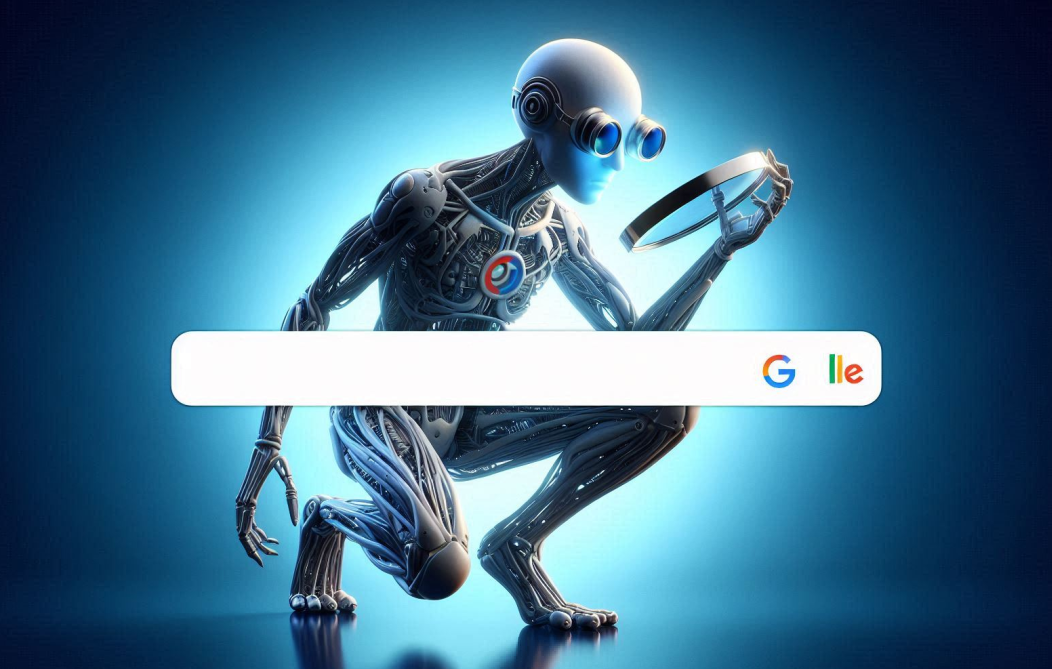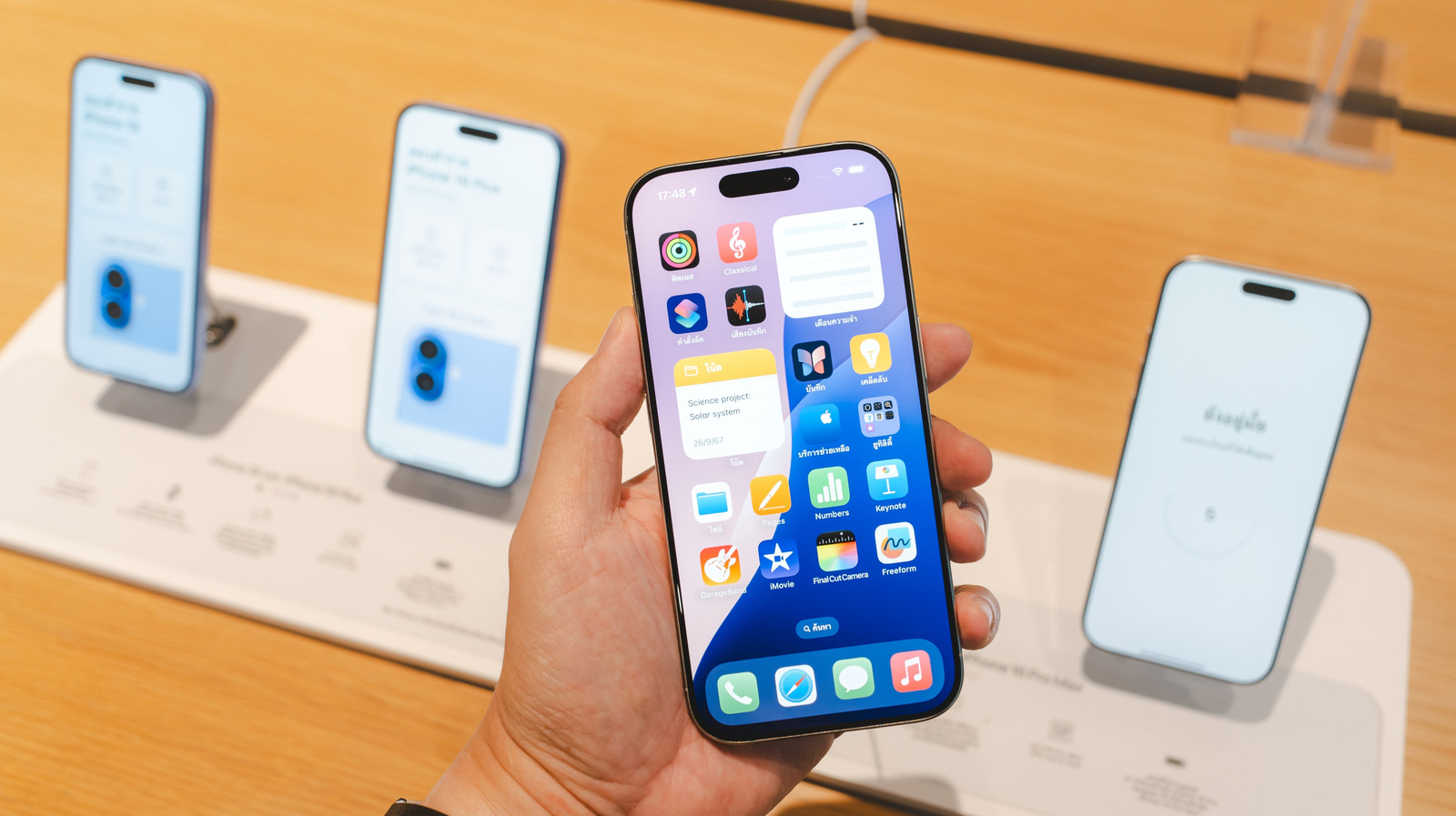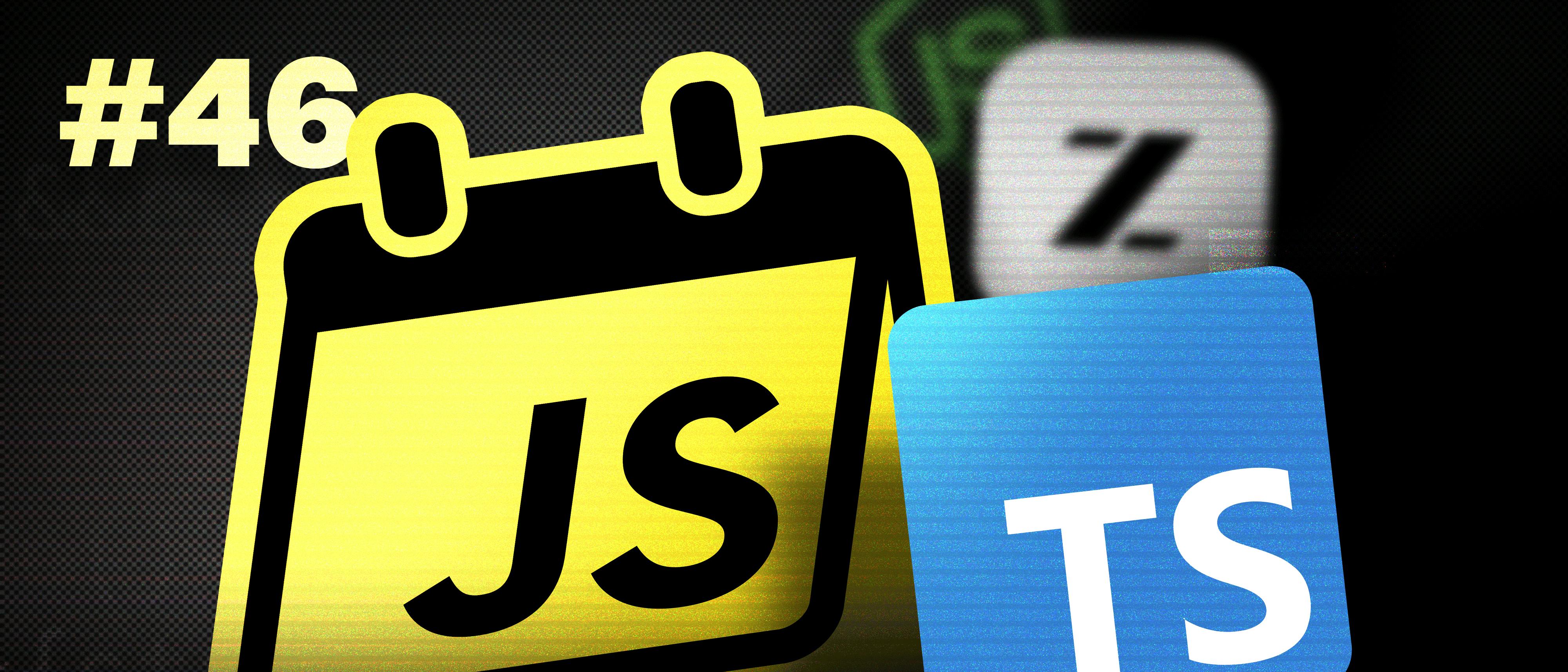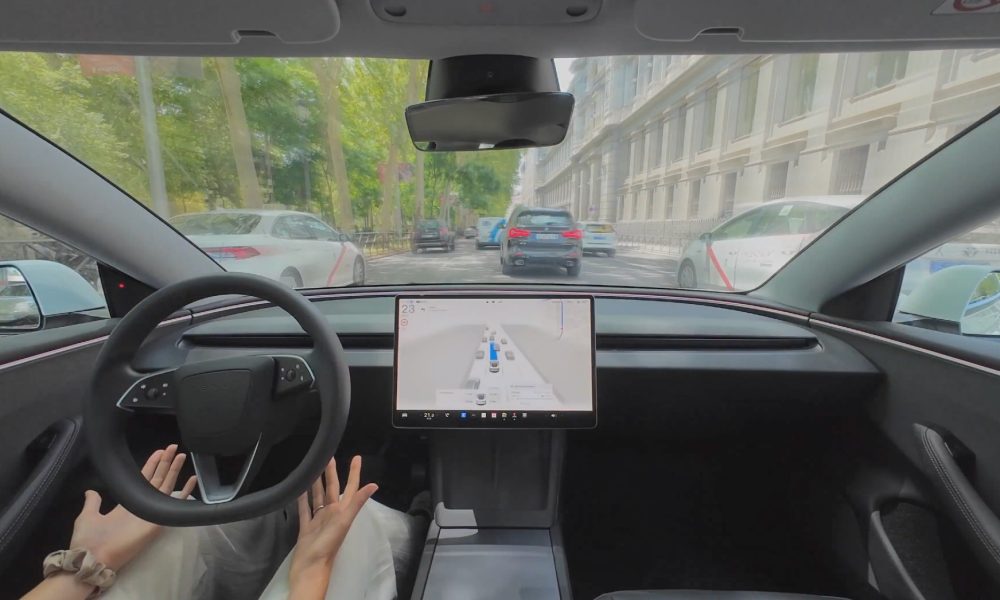The generative artificial intelligence startup Anthropic PBC is joining rivals such as OpenAI and Perplexity AI Inc. in an effort to overhaul the internet search industry.
Today it announced the launch of a new application programming interface that enables its flagship Claude large language models to search the internet for up-to-date information in real time. It’s available now, so developers can start using it to build Claude-powered applications that deliver more accurate and timely information.
When developers enable the web search API, Claude will tap into its “reasoning” capabilities to try and determine if a user’s query would benefit from a real-time search for information. When it decides that’s the best course of action, it will immediately filter through millions of websites by generating a search query, retrieving the results and analyzing them to inform the response it generates.
The responses it delivers will come with citations that link to the source articles it uses, Anthropic said.
“With web search, developers can now build AI solutions that tap into current information without needing to manage their own web search infrastructure,” the company said in an announcement.
Web search is now available on our API.
Developers can augment Claude’s comprehensive knowledge with up-to-date data. pic.twitter.com/pRQf0ZKXUZ
— Anthropic (@AnthropicAI) May 7, 2025
What’s intriguing about Claude’s web search API is that it enables the AI to leverage the initial results it digs up to refine its queries and conduct additional searches, to try to generate a more comprehensive response for users.
According to Anthropic, this mimics how humans might explore a topic, beginning with a general query and then, depending on what they find, refining their queries to dig up the exact information they’re looking for. It said developers have the option to customize this behavior, and they can also specify which websites Claude is allowed to search.
The same capability is coming to Anthropic’s Claude Code tool, which is currently available in beta as a limited preview. The tool is aimed at helping developers complete coding tasks, and the web search API allows it to access the most up to date documentation, technical articles and developer tools and libraries.
Traditional search under threat
The launch of Anthropic’s web search AI is not just another feature, but indicative of an evolution in the way people access information from the internet. It suggests people are embracing a more conversational search experience that’s often faster and more convenient than traditional search engines.
Already, there are signs that AI-based search is eating away at the dominance of traditional search engines. At Google LLC’s ongoing antitrust trial this week, Apple Inc. Senior Vice President of Services Eddy Cue testified that Google searches in the Safari browser declined last month for the first time in 22 years.
“I’ve lost sleep thinking about it,” he said, noting that the company could lose a significant chunk of the $20 billion annual payment it receives from Google to make Google Search the default search engine in Safari.
There are other signs of this shift, too. According to SOCi Inc.’s Consumer Behavior Index, 19% of consumers have already moved from search engines to AI-based search, in a move that presents the first serious threat to Google’s dominance of web search in more than 20 years.
People are opting for AI-powered search because it’s a fundamentally different experience. Whereas traditional search engines just display a list of web links, requiring users to scroll down and make a decision over which one to click, AI assistants analyze multiple websites in real time, and spit out a more concise and contextual response to user’s queries. That saves them from the hassle of clicking on various links and then trying to find the information they’re looking for buried within the page that loads up.
Google isn’t just threatened by Anthropic. Other AI companies, including OpenAI and Perplexity, are also pushing into the search business. OpenAI integrated web search abilities with ChatGPT last year, and has expanded on that recently with shopping recommendations, threatening Google’s dominance in terms of internet commerce. OpenAI Chief Executive Sam Altman has said ChatGPT boasts more than 800 million weekly active users.
The search giant is also likely to be extremely concerned that Apple is reportedly holding discussions with OpenAI, Perplexity and Anthropic over integrating their AI search features into the Safari browser. Safari accounts for more than 17% of global browser usage, and therefore is a major contributor to Google’s search dominance.
With prosecutors in Google’s antitrust trial pushing for its deal with Safari to be prohibited, there are good reasons to think Apple might want to accelerate this transition.
Google isn’t the only one that’s under threat from this transformation, for the trend also creates challenges for content creators, who are likely to see a substantial drop in traffic being directed to their websites by search engines.
Because AI assistants provide direct responses to user’s queries, those users are far less likely to click through to the original source website, meaning fewer advertising dollars for content creators.
This leads to questions around the long term sustainability of AI search, which can only generate responses if it has high-quality source material. By reducing the amount of traffic going to websites, they’re essentially biting the hand that feeds them. If creators don’t earn enough revenue, they might stop creating the content those AI models need to deliver accurate responses, potentially leading to inferior AI-generated responses.
Image: News/Microsoft Designer
Your vote of support is important to us and it helps us keep the content FREE.
One click below supports our mission to provide free, deep, and relevant content.
Join our community on YouTube
Join the community that includes more than 15,000 #CubeAlumni experts, including Amazon.com CEO Andy Jassy, Dell Technologies founder and CEO Michael Dell, Intel CEO Pat Gelsinger, and many more luminaries and experts.
THANK YOU








